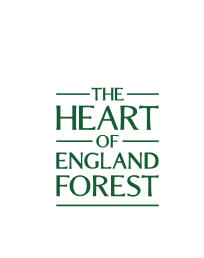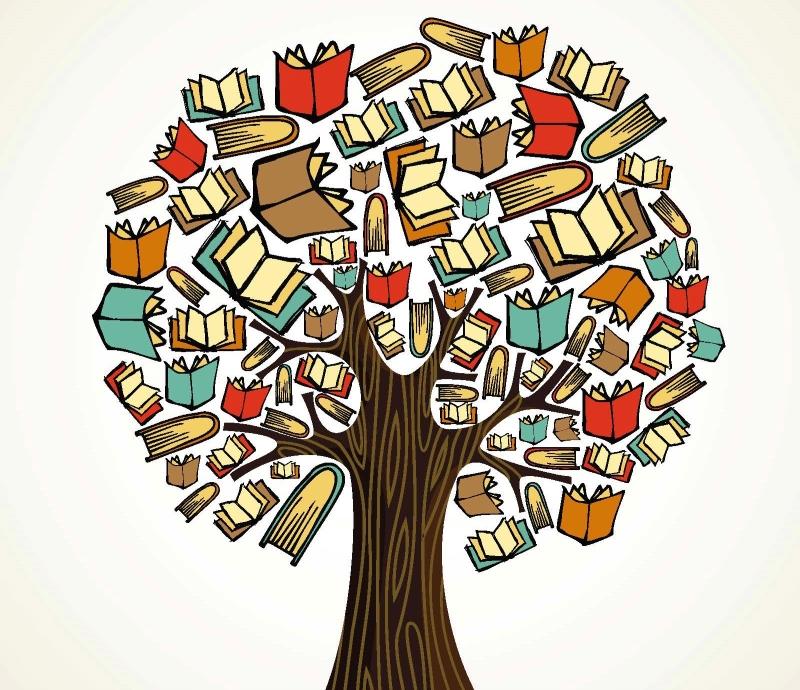
Our favourite books for World Book Day
This World Book Day, members of the Forest team share their favourite books and the reasons why they love them.
“I loved the Duncton Wood series of books when I was growing up. A cross between Game of Thrones and Lord of the Rings mixed with UK wildlife! They were thick books too – 730 pages in this first one!”
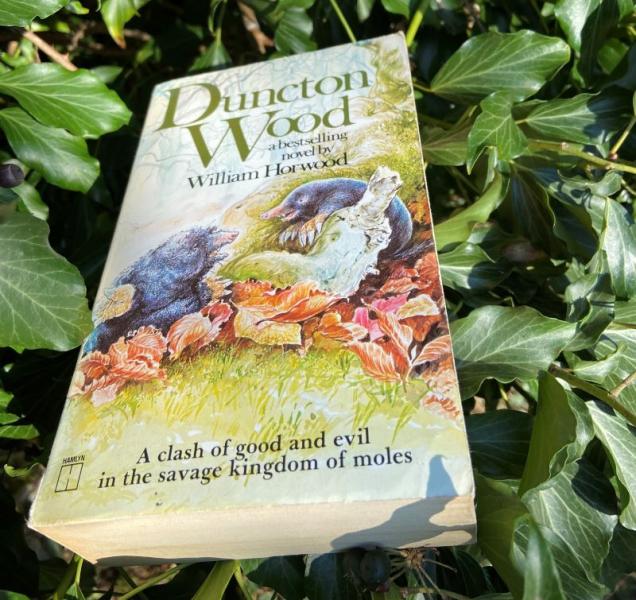
“I like this book as it lays out an ambitious vision of how the state of nature in the UK could change with a few alterations to policy and laws. The book explores why nature is depleted in the UK and provokes the reader to imagine a paradise-like, but achievable, alternative.”
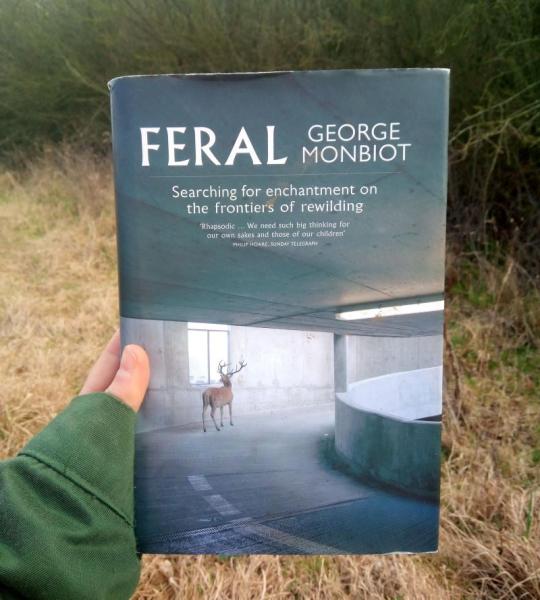
“This is my favourite book on trees and it was recommended by a friend. It has different characters and different stories, but one theme: trees. I found this book powerful, engaging and it really brought home the wonder of trees. Stick with this piece of environmental fiction – it is worth it!”
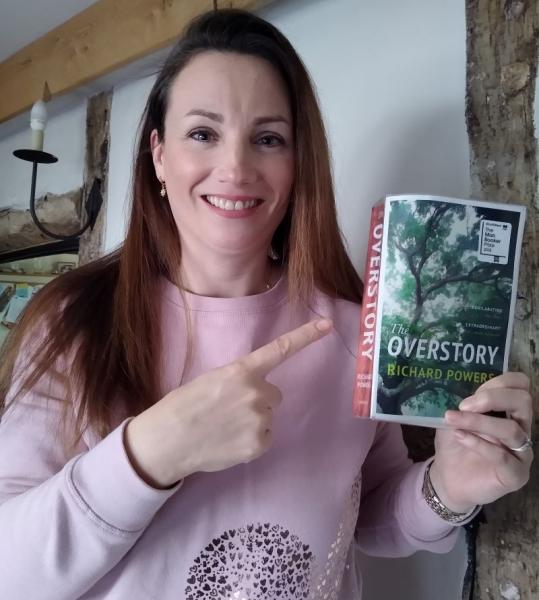
“My favourite nature book looks at the state of nature in the UK, charts how we lost much of our wildness, and puts forward innovative ideas that would allow for the mass restoration of nature across the country. Although sobering at times, it is ultimately a hopeful and fascinating read that allows one to dream of a future in which nature can return to vast swathes of the UK in a big way.”
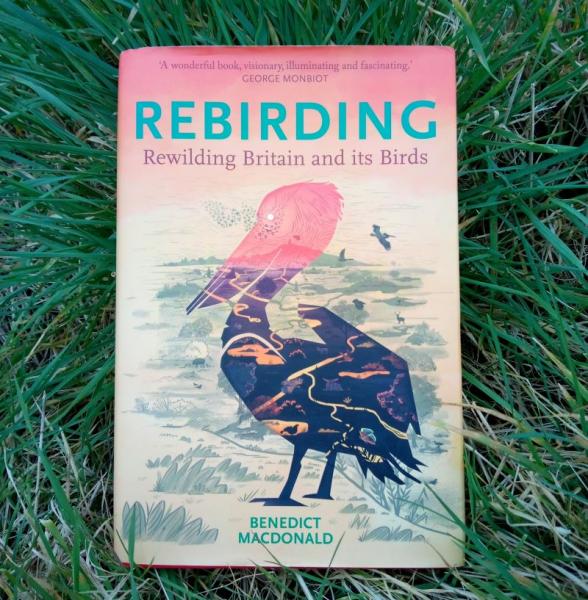
“I think that everyone should read this book. It has taught me that we have been breathing wrong for centuries! When I am out with Charlie, our border collie, I now practice breathing. We go up through Ralph’s wood and I breathe in 6 seconds through my nose, hold for 7 seconds, breathe out through my mouth for 8 seconds. This method goes back thousands of years. Being in the Forest, the air is cooler, and it really gets into your lungs and diaphragm. All I can say is I feel better and I sleep better. Buy the book, walk through the Forest and practice breathing – it is great!”
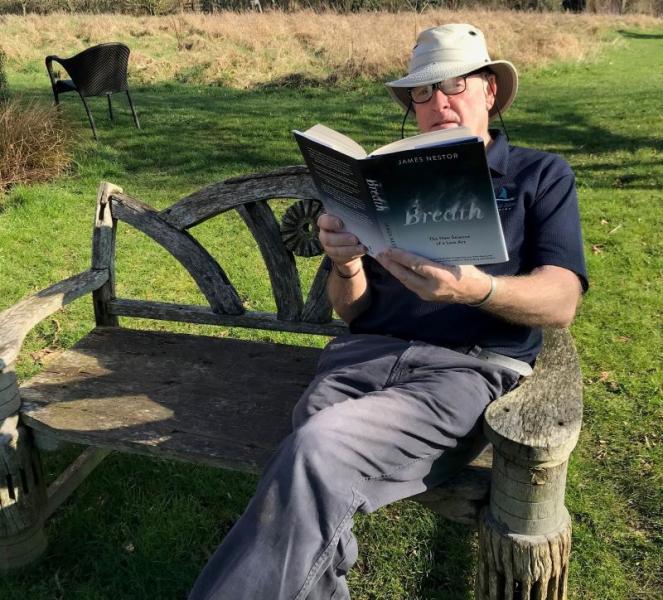
“This is my favourite book about the environment, and it is essentially an argument for oikophilia, which means love of home. Often the best green and rewilding movements grow out of a shared love of shared place, with an emphasis on the importance of having roots in community and an environment, and therefore a sense of responsibility for it. For Scruton, there is virtue in belonging to a place because of this.”
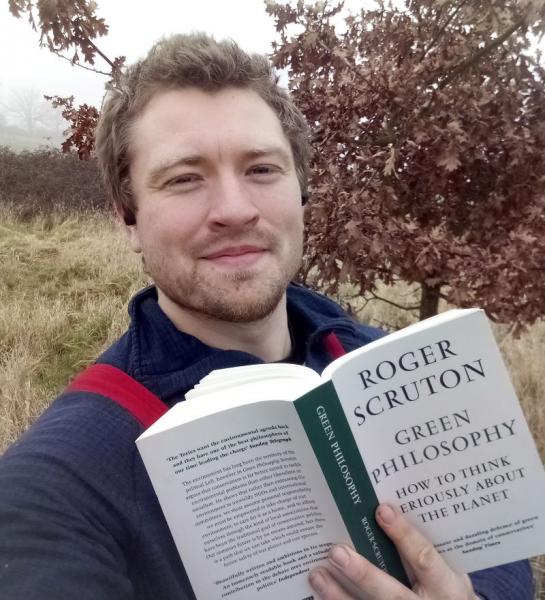
'His Imperial Majesty' by Matthew Oates
“This year I’ve started reading this book which is all about the purple emperor butterfly. Matthew is the national expert on purple emperors and his knowledge and way with words makes this a really enjoyable and educational read. It is also exciting to find the Heart of England Forest has a mention.” Sophie Leszczynska, Biodiversity Manager.
'Modern Arboriculture' by Alex Shigo
“This is a book that tree managers read and use for study when first starting their career, and one that I still use today when teaching our interns and apprentices.” Will Taylor, Forestry Manager.
'The Flora of Warwickshire' by James E. Bagnall
“This book, published in 1891, has been a real eye-opener to me regarding how much greater the plant diversity once was in our area. It has also inspired me to get out and try and re-find some of the plants mentioned. There were only 500 copies originally printed but thankfully, one of these has been scanned and is available online here, although I managed to buy copy 306 a few months back!” Sam Macvie, Biodiversity Data and Survey Officer.
'Beauty and the Beasts: Ape, Women and Evolution' by Carole Jahme
“This is a feminist biography of Jane Goodall, Diane Fossey and Birute Galdikas, the Trimates who revolutionised primatology research. Breaking down the rigid barriers established by the male-dominated academic institutions of the 1960s, these three pioneering female researchers showed the world that real science requires guts. In many ways, their relative exclusion from the self-congratulatory domain of male “armchair anthropologists” is what gave them the freedom to go against the grain and – in spite of some stiff opposition – eventually convince their colleagues that in order to learn about man’s closest relatives, they’d have to woman up! Living among their respective study species, the Trimates not only reshaped the way that humans understand their own behaviour but revolutionized the entire scientific method behind primatology. An inspiring read for anyone contemplating a career in anthropology, animal behaviour or conservation.” Angela Norton, Conservation Farmer.
'The History of The Countryside' by Oliver Rackham
“It forever changed the way I look at the landscape by showing the extent of the human impact on every element of the natural world throughout history.” Dee, Forestry Ranger

